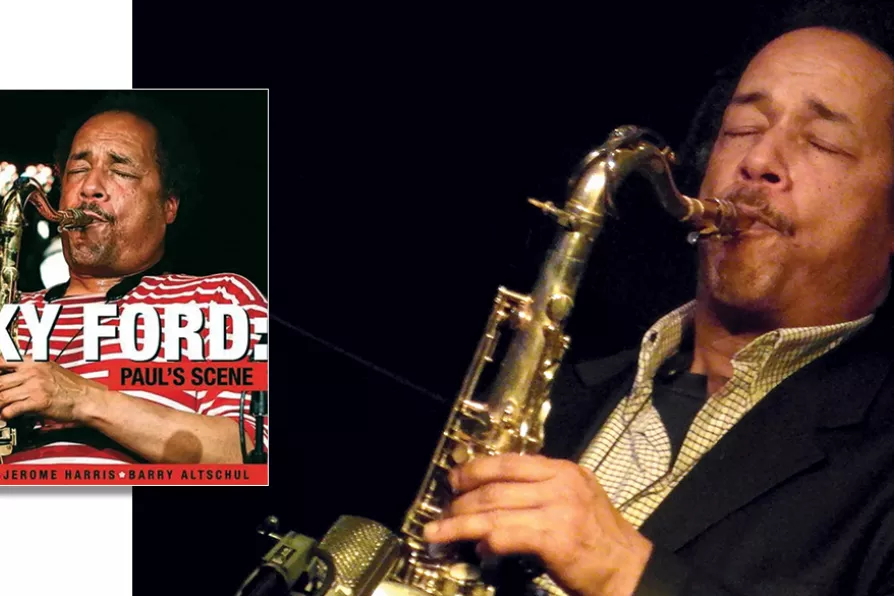ALISTAIR FINDLAY recommends the simple cadence, common prose, free verse, and descriptive power of a new collection by Julie McNeill

 Ricky Ford with his Quartet at the 19-88 jazz club in Rennes (France)
[Armael/CC]
Ricky Ford with his Quartet at the 19-88 jazz club in Rennes (France)
[Armael/CC]
HE’S truly one of the great, if also greatly underestimated, tenor saxophonists in the century of jazz. Ricky Ford, now a septuagenarian, has spent much of his musical life living outside the US in France.
His huge achievement as a 20-year-old, of being invited to join the Duke Ellington Orchestra to fill the vacant chair of Duke’s recently departed legendary tenorist Paul Gonsalves, happened shortly after the maestro’s own death, when his trumpeter son Mercer Ellington inherited the leadership of the orchestra.
Born in Boston, Massachusetts, in 1954, Ford grew up in a professional household. “My father was an attorney-at-law, my mother was a nuclear medicine specialist,” he told me. “At 12 I studied drums and played melodica. I started to play saxophone in 1968 and I never looked back. After a few gigs at Wally’s Paradise in Boston, I joined Mercer Ellington in late 1974.”

As part of the 2025 London Jazz Festival Rich Mix offered intriguing sessions titled 'Persian Jazz,' CHRIS SEARLE was there

Re-releases from Bobby Wellins/Kenny Wheeler Quintet, Larry Stabbins/Keith Tippet/Louis Moholo-Moholo, and Charles Mingus Quintet

CHRIS SEARLE speaks to saxophonist and retired NHS orthopaedic surgeon ART THEMEN

Chris Searle speaks to saxophonist XHOSA COLE and US tap-dancer LIBERTY STYLES










